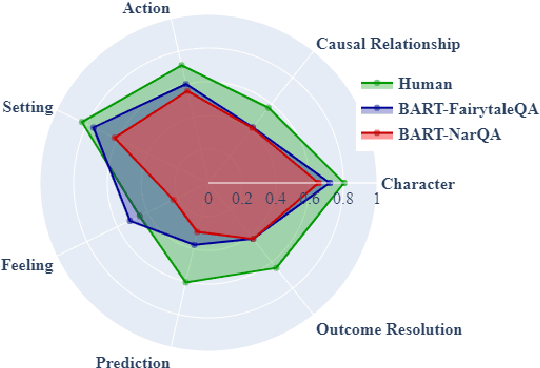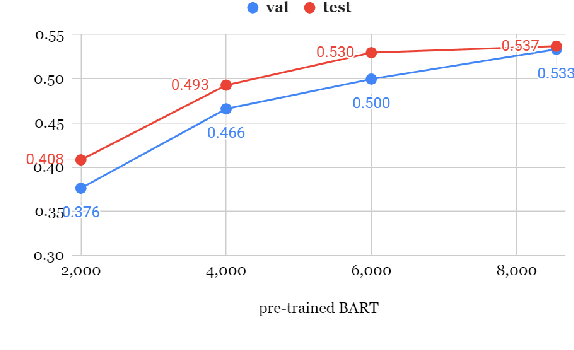Mark Warschauer
Emergent AI-Assisted Discourse: Case Study of a Second Language Writer Authoring with ChatGPT
Oct 23, 2023Abstract:The rapid proliferation of ChatGPT has incited debates regarding its impact on human writing. Amid concerns about declining writing standards, this study investigates the role of ChatGPT in facilitating academic writing, especially among language learners. Using a case study approach, this study examines the experiences of Kailing, a doctoral student, who integrates ChatGPT throughout their academic writing process. The study employs activity theory as a lens for understanding writing with generative AI tools and data analyzed includes semi-structured interviews, writing samples, and GPT logs. Results indicate that Kailing effectively collaborates with ChatGPT across various writing stages while preserving her distinct authorial voice and agency. This underscores the potential of AI tools such as ChatGPT to enhance academic writing for language learners without overshadowing individual authenticity. This case study offers a critical exploration of how ChatGPT is utilized in the academic writing process and the preservation of a student's authentic voice when engaging with the tool.
Fantastic Questions and Where to Find Them: FairytaleQA -- An Authentic Dataset for Narrative Comprehension
Mar 26, 2022



Abstract:Question answering (QA) is a fundamental means to facilitate assessment and training of narrative comprehension skills for both machines and young children, yet there is scarcity of high-quality QA datasets carefully designed to serve this purpose. In particular, existing datasets rarely distinguish fine-grained reading skills, such as the understanding of varying narrative elements. Drawing on the reading education research, we introduce FairytaleQA, a dataset focusing on narrative comprehension of kindergarten to eighth-grade students. Generated by educational experts based on an evidence-based theoretical framework, FairytaleQA consists of 10,580 explicit and implicit questions derived from 278 children-friendly stories, covering seven types of narrative elements or relations. Our dataset is valuable in two folds: First, we ran existing QA models on our dataset and confirmed that this annotation helps assess models' fine-grained learning skills. Second, the dataset supports question generation (QG) task in the education domain. Through benchmarking with QG models, we show that the QG model trained on FairytaleQA is capable of asking high-quality and more diverse questions.
 Add to Chrome
Add to Chrome Add to Firefox
Add to Firefox Add to Edge
Add to Edge